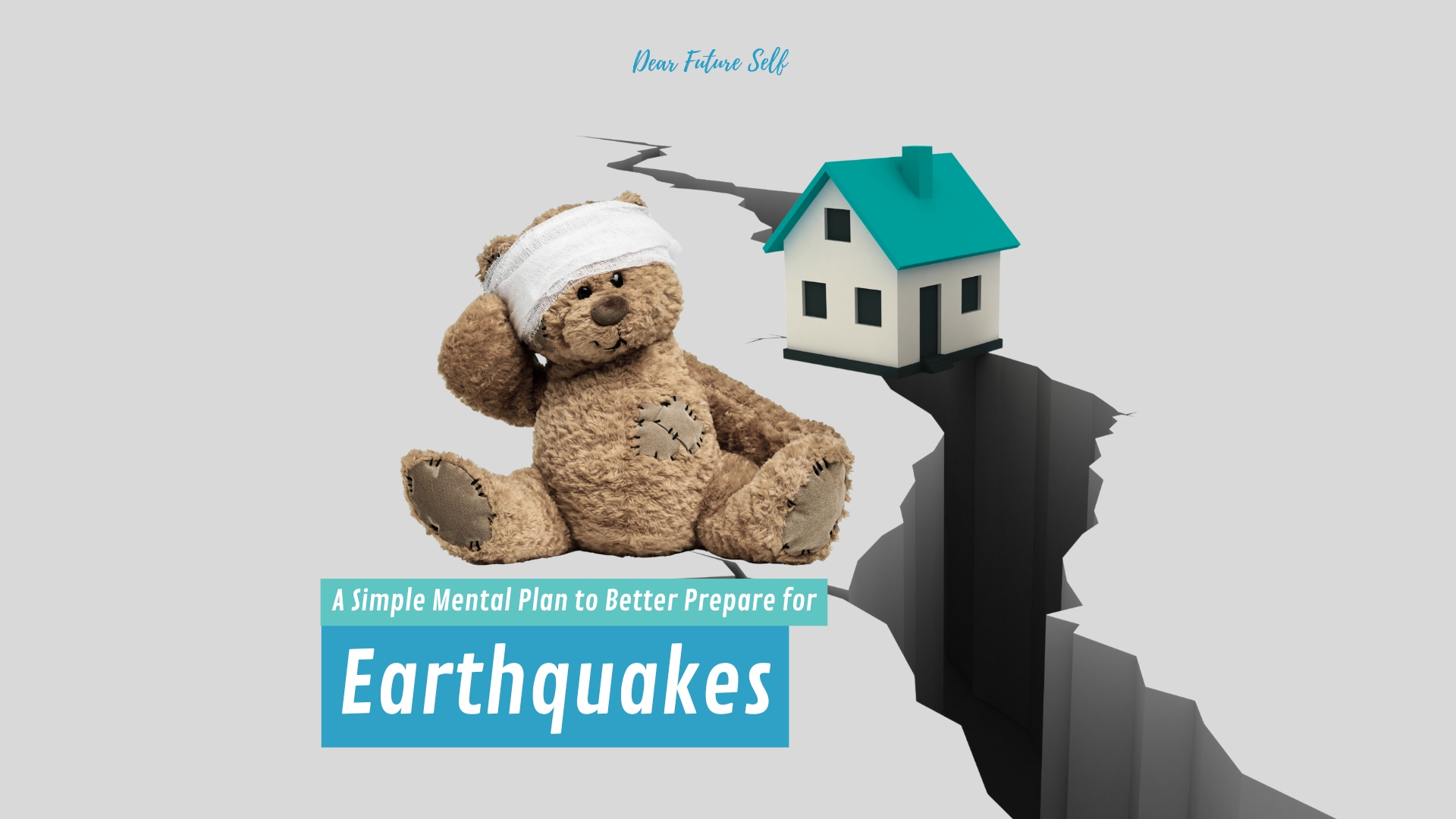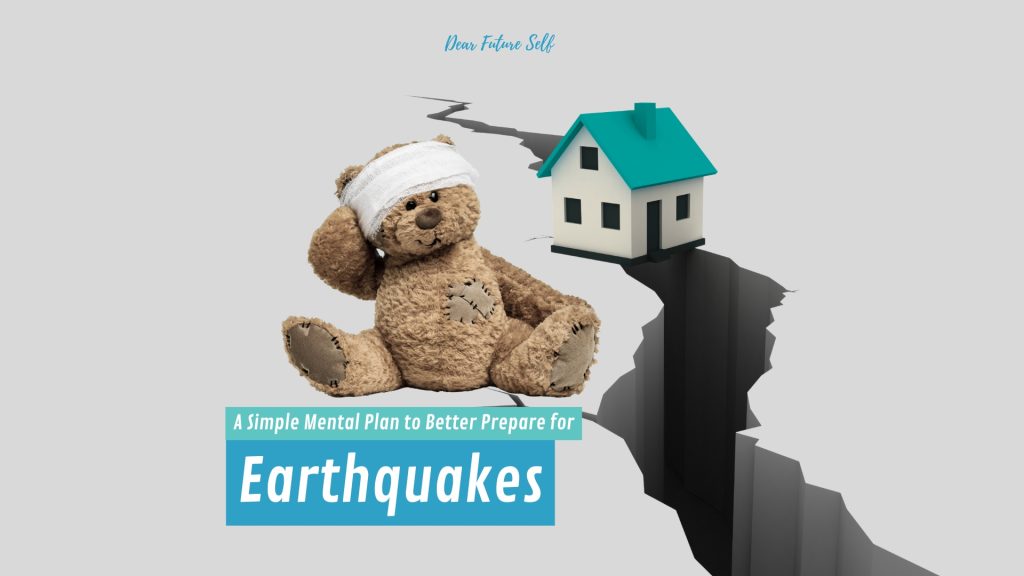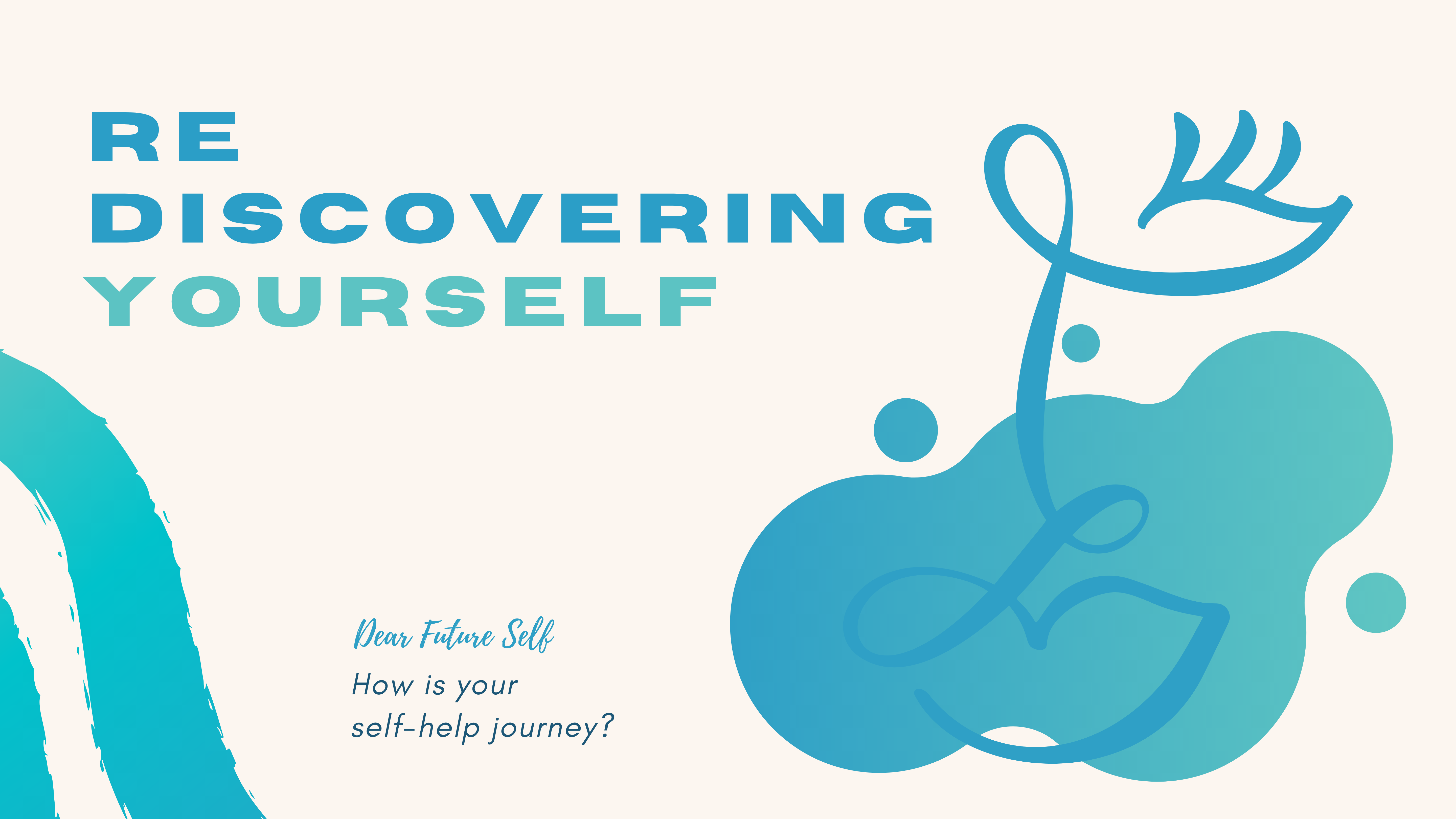
12 Oct Mental Preparedness for Earthquakes
Mental Preparedness for Earthquakes: What You Can Control
Earthquakes are unpredictable, sudden, and often frightening experiences. While many people prepare physically, by securing furniture or packing emergency go-bags, mental and emotional readiness is often forgotten, even though it plays a critical role in survival and recovery.
In fact, studies from disaster psychology show that panic and emotional overwhelm increase risk of injury during earthquakes more than the shaking itself. This is why mental preparedness is as important as physical safety.
Understanding Earthquake Anxiety
It’s normal to feel worried about earthquakes. Anxiety is the body’s way of responding to potential danger. When we don’t feel in control, the brain goes into fight–flight–freeze mode. During an earthquake, this response can:
- Cause panic or freezing, delaying action
- Trigger irrational behavior (running outside during shaking, hiding in unsafe areas)
- Reduce decision-making ability
However, with mental rehearsal and emotional regulation techniques, panic can be reduced, and calm, safe behavior becomes more automatic.
Shift Your Mindset: From Fear to Preparedness
You cannot control when an earthquake happens, but you can control your response. Mental preparedness creates a sense of safety, confidence, and readiness. Here is what you can actively manage:
| You Cannot Control | But You CAN Control |
|---|---|
| When earthquakes happen | Your emergency plan |
| Earthquake strength | Practicing safety drills |
| Infrastructure safety | Preparing a go-bag |
| Aftershocks | Keeping a calm response |
| Others’ reactions | Your mindset & breathing |
Four Pillars of Mental Earthquake Preparedness
1. Knowledge Reduces Fear
Fear often comes from uncertainty. Learn the essential earthquake safety steps:
- DROP to prevent being knocked down.
- COVER under a sturdy table or against an interior wall.
- HOLD ON until shaking stops.
Knowing what to do reduces panic and improves reaction time.
2. Preparedness Builds Confidence
Create a simple, clear family emergency plan:
✅ Identify safe spots in every room
✅ Decide meeting points (inside & outside home)
✅ List emergency contacts
✅ Assign roles (Who grabs the go-bags? Who assists children/elderly?)
✅ Prepare go-bag essentials (meds, flashlight, whistle, power bank, first aid kit, IDs)
Preparedness calms the brain because safety steps are already rehearsed.
3. Emotional Regulation Saves Lives
During shaking, emotions can take over. Practicing emotional control techniques reduces panic:
- Calm breathing: Inhale 4 sec → Hold 2 sec → Exhale 6 sec
- Grounding technique: Name 5 things you see, 4 you can touch, 3 you hear, 2 you smell, 1 you feel
- Self-talk script:
“I know what to do.”
“Keep calm, stay safe.”
“Drop. Cover. Hold On.”
4. Regular Drills Build Automatic Response
The brain performs best during emergencies when actions are practiced repeatedly.
- Do a one-minute drill twice a month
- Practice in different rooms
- Do silent drills at night to build instinct
Practice trains your body to respond with clarity instead of panic.
Mental Recovery After an Earthquake
Emotional effects don’t end when the shaking stops. Many people experience:
- Sleeplessness
- Hypervigilance
- Fear of aftershocks
- Flashbacks
- Anxiety attacks
These reactions are normal responses to trauma. If symptoms continue for weeks or affect daily life, psychological support is important.
Dear Future Self PH Is Here to Support You
Mental preparedness is not just about survival. It’s about protecting emotional well-being. At Dear Future Self PH, we believe safety includes both physical protection and mental resilience.
We offer:
✅ Individual counseling for disaster anxiety
✅ Family emergency coping plans
✅ Psychological first aid sessions
✅ Trauma-informed support
If you or your family would benefit from guidance, we’re here to help you prepare; not with fear, but with strength and readiness.
Every step you take today to prepare is a gift to your ![]() – safe, calm, and ready for anything.
– safe, calm, and ready for anything.
Gift Certificates & Self-Care Package
Connect with Us











